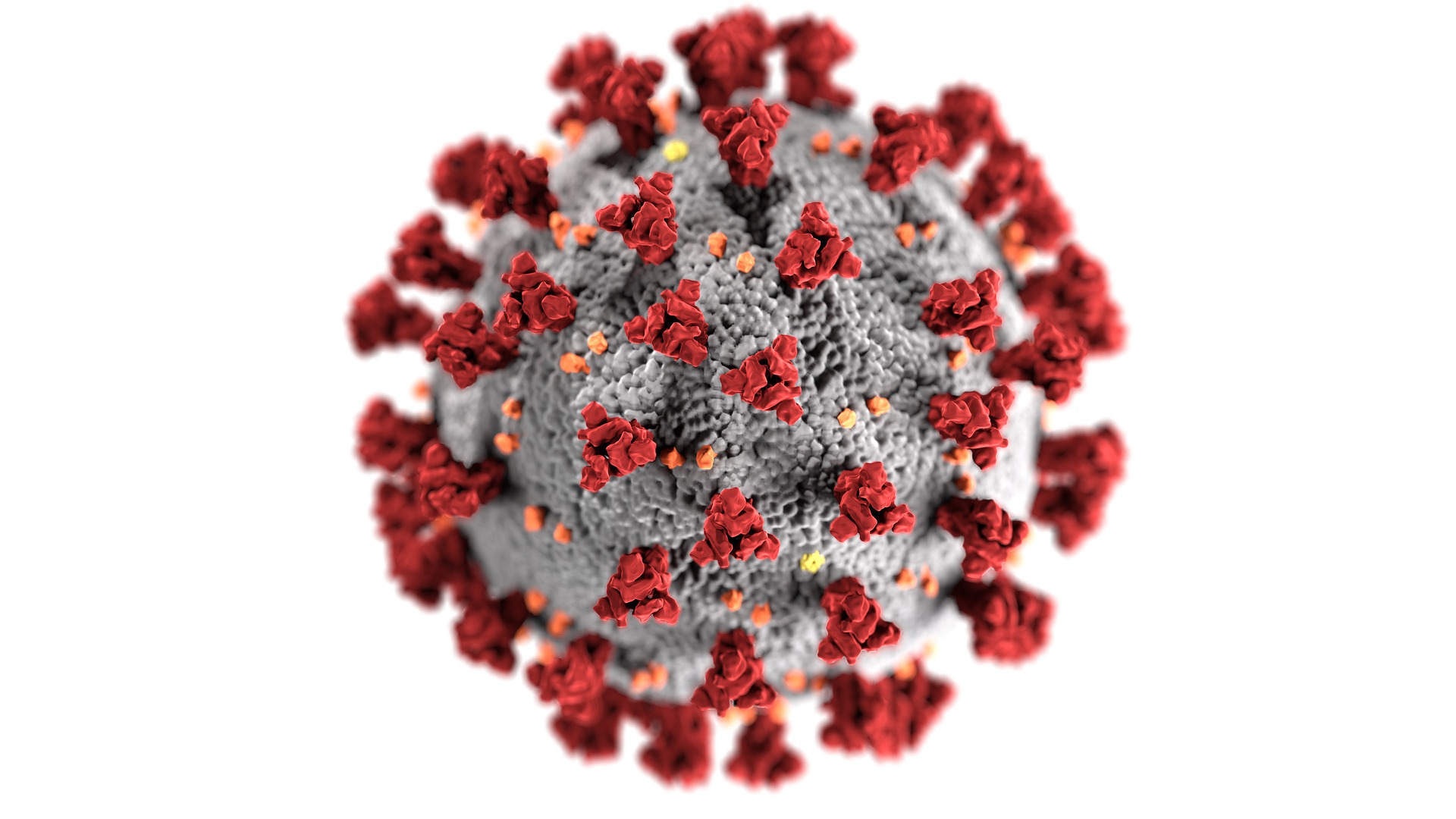News release
From:
Virology: Characterising the SARS-CoV-2 Delta variant
Related documents (1)
The recent, rapid dominance of the SARS-CoV-2 B.1.617.2 (Delta) variant over pre-existing lineages may be due to its increased infectivity and reduced sensitivity to neutralizing antibodies, according to a study published in Nature. The research suggests that continued infection control measures may still be required in the post-vaccination era.
First identified in the Indian state of Maharashtra in late 2020, the SARS-CoV-2 Delta variant has since spread throughout India and to over 90 countries worldwide, rapidly outcompeting pre-existing genetic variants such as B.1.1.7 (Alpha) and B.1.617.1 (Kappa).
Ravindra Gupta and colleagues studied the differential properties of genetic variants of SARS-CoV-2. Compared to the Wuhan-1 variant of the virus bearing the D614G mutation (against which current vaccines have been developed), Delta was found, in laboratory experiments, to be six-fold less sensitive to antibodies from individuals who had recovered from a previous infection. It was also eight-fold less sensitive to antibodies produced in response to two doses of either the Pfizer–BioNTech or AstraZeneca vaccines. In laboratory models of the human airway, the Delta variant was more efficient at replicating than the Alpha variant — an advantage that is associated with the predominantly cleaved configuration of the spike protein of Delta. This spike protein also permitted the Delta variant to replicate and enter cells at a higher rate than that of the Kappa variant, which the authors conclude may explain the dominance of Delta.
Over a six-week period (March to April 2021) the team analysed SARS-CoV-2 infections in over 130 healthcare workers at three hospitals in Delhi who had received two doses of the AstraZeneca vaccine. In these individuals, the AstraZeneca vaccine was found to be less effective against the Delta variant relative to non-Delta variants.
The authors conclude that their findings highlight the need to develop strategies to enhance vaccine responses against variants of SARS-CoV-2.
Virology: Characterising the SARS-CoV-2 Delta variant
Related documents (1)
The recent, rapid dominance of the SARS-CoV-2 B.1.617.2 (Delta) variant over pre-existing lineages may be due to its increased infectivity and reduced sensitivity to neutralizing antibodies, according to a study published in Nature. The research suggests that continued infection control measures may still be required in the post-vaccination era.
First identified in the Indian state of Maharashtra in late 2020, the SARS-CoV-2 Delta variant has since spread throughout India and to over 90 countries worldwide, rapidly outcompeting pre-existing genetic variants such as B.1.1.7 (Alpha) and B.1.617.1 (Kappa).
Ravindra Gupta and colleagues studied the differential properties of genetic variants of SARS-CoV-2. Compared to the Wuhan-1 variant of the virus bearing the D614G mutation (against which current vaccines have been developed), Delta was found, in laboratory experiments, to be six-fold less sensitive to antibodies from individuals who had recovered from a previous infection. It was also eight-fold less sensitive to antibodies produced in response to two doses of either the Pfizer–BioNTech or AstraZeneca vaccines. In laboratory models of the human airway, the Delta variant was more efficient at replicating than the Alpha variant — an advantage that is associated with the predominantly cleaved configuration of the spike protein of Delta. This spike protein also permitted the Delta variant to replicate and enter cells at a higher rate than that of the Kappa variant, which the authors conclude may explain the dominance of Delta.
Over a six-week period (March to April 2021) the team analysed SARS-CoV-2 infections in over 130 healthcare workers at three hospitals in Delhi who had received two doses of the AstraZeneca vaccine. In these individuals, the AstraZeneca vaccine was found to be less effective against the Delta variant relative to non-Delta variants.
The authors conclude that their findings highlight the need to develop strategies to enhance vaccine responses against variants of SARS-CoV-2.



 International
International



